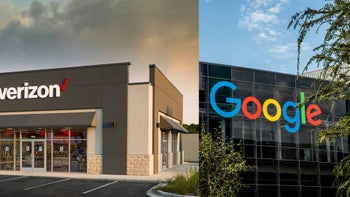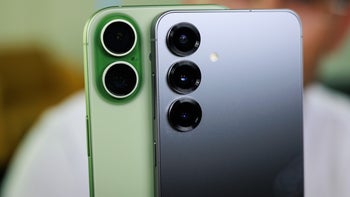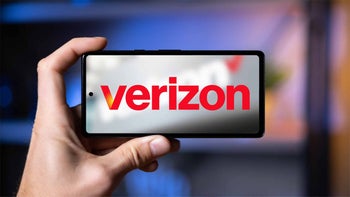House passes bill to freeze additional cell taxes

If you’re like most people, you’ve opened up your cell phone bill and wondered how your $69.99 a month plan always seems to end up around the $80 mark or higher. The answer is taxes.
Back in February, TaxFoundation.org determined that the average U.S. wireless customer pays 16.26% in taxes and fees. Of that, 11.21% is from the state and local municipalities. Some states, such as Nebraska, Washington, New York, Florida, and Illinois, average between 20-24% in combined federal, state, and local taxes. This data has causes some to point out that in many states you pay more taxes on wireless than you do on goods such as cigarettes and alcohol.
On Tuesday, the US House of Representatives passed the Wireless Tax Fairness Act of 2011, which will implement a freeze on raising or creating new taxes for the next 5 years. According to the bill, a study will also be conducted in that time to determine how, and to what extent, local and state taxes impact mobile services costs for consumers.
The Cellular Telecommunications Industry Association, or CTIA, who was a large supporter of the bill, released a statement stating, “On behalf of the 300 million wireless customers in the U.S., CTIA applauds the Wireless Tax Fairness Act’s lead sponsors, Representatives Lofgren and Franks, who worked tirelessly to get the bill approved in the House. Today’s vote is a crucial step toward providing wireless subscribers with some much needed relief by putting a five-year freeze on new, discriminatory taxes and fees on their monthly bills. In light of the challenging economy, we hope the U.S. Senate moves swiftly to pass the companion bill.”
The bill still must make it through the Senate, then to President Obama before being enacted into a law, but this is one step toward offering some relief to an American public with already tightened wallets.
source: The Library of Congress via Phone Scoop & Tax Foundation
Back in February, TaxFoundation.org determined that the average U.S. wireless customer pays 16.26% in taxes and fees. Of that, 11.21% is from the state and local municipalities. Some states, such as Nebraska, Washington, New York, Florida, and Illinois, average between 20-24% in combined federal, state, and local taxes. This data has causes some to point out that in many states you pay more taxes on wireless than you do on goods such as cigarettes and alcohol.
source: The Library of Congress via Phone Scoop & Tax Foundation
Follow us on Google News














Things that are NOT allowed:
To help keep our community safe and free from spam, we apply temporary limits to newly created accounts: